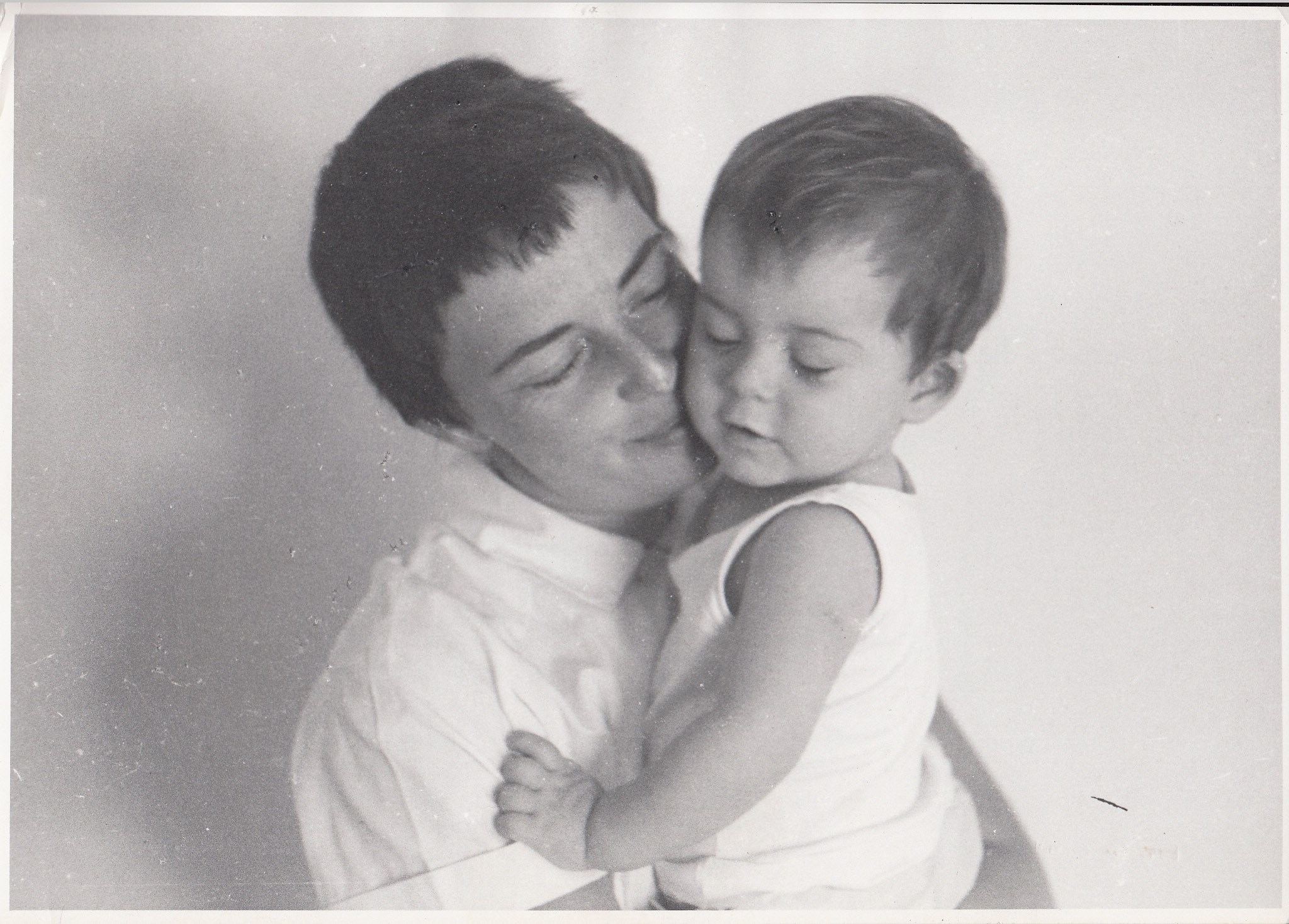

Working with an experienced, knowledgeable, and caring Ohio family attorney while going through a legal adoption process always makes sense. Procedures, paperwork, and qualifications vary depending on which person wants to adopt and whether the potential adoptee is a grandchild, stepchild, foster child, orphan, foreign child, or person over the age of 18 who could benefit from the establishment of a legally recognized parent-child relationship. The overarching considerations will always be the benefit of the individual getting adopted and the ability of the person or people making the adoption to care for the adoptee.
You can get a sense of the steps you will have to take to complete an adoption successfully by understanding the process for adopting a minor child out of a foster care situation or a state home. That begins when an adult or couple who has the legal right to adopt under Ohio law identifies a child they want to welcome as a member off their family. Single adults and married people, including same sex couples, can adopt, so meeting that basic criteria should not present difficulties.
Finding Your Child
Prospective adoptive parents can work with a private agency or their county’s Department of Job and Family Services office to find a good fit with a child. This period presents good opportunities to learn about what serving as an adoptive parent will mean in terms of financial and emotional obligations, dealing with birth parents, and ensuring the adopted child will receive all the educational opportunities, medical care, and developmental services he or she will require.
Requesting Adoption and Doing Home Visits
Identifying the child to adopt lets an agency or the state to assign a caseworker who will manage most of the rest of the adoption process. This individual, alone and with the help of experts, will conduct home visits and perform evaluations to ensure that the adoption will serve the interests of the child. The caseworker’s duties include
Finding the child to adopt also lets the prospective parents file adoption paperwork with the probate court that serves the county where they live. Filing is where a family law attorney can really earn his or her keep. Omitting essential information, missing deadlines, or directing correspondence to the wrong court officers can derail an adoption before it moves past the discussion stage.
The court that receives the adoption petition will request its own home visits and evaluations to confirm the findings of the agency or state caseworker. Consulting with a lawyer who handles adoption cases can help prospective parents prepare for meeting with the court’s representative.
Going to Court to Make It Official
The final phase of the minor child adoption process commences when the judge assigned to the case schedules a court hearing to review the home visit reports and hear from the adopters and anyone who both has the right to contest the adoption and chooses to exercise that right. The child may also be asked to speak if he or she is old enough. Neither an objection by a birth parent nor the child’s opinion will automatically disallow an adoption.
When the judge determines that the adoption will benefit the child, he or she issues a Decree of Adoption that creates a legal parental relationship. As a parent, the adopter assumes legally enforceable duties to keep the child safe, healthy, educated, fed, and sheltered. A new birth certificate may also be issued for the child.
Another outcome from the court hearing could be a grant of conditional adoption. The parent-child relationship would then only become official if the adopters met criteria set by the court. Performance as parents would be assessed during one or more post-hearing home visit.
If you need a central Ohio family law attorney to answer your questions regarding adoption or to help you navigate the process, call Edward F. Whipps & Associates at (614) 461-6006. You can also request an appointment online.
July 28, 2014
Edward F. Whipps & Associates is excited to announce that on August 1, 2014, we will have a new and…
READ MORE >>